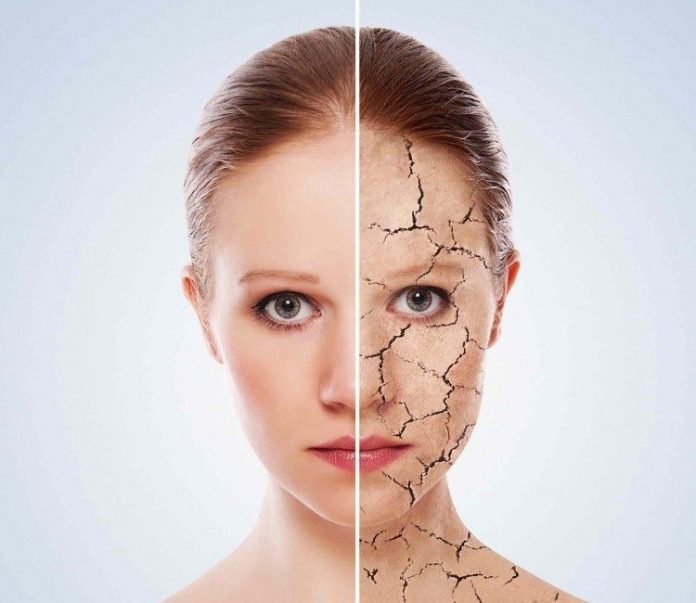We at JOZ SALON & SPA did a complete research on how the weather outside being unsightly, but to also let you know that your skin & hair doesn’t have to be. Let’s find out how to banish dry skin & hair and give your winter skin & hair a boost.
For many people, the cold clear days of winter bring more than just a rosy glow to the cheeks. They also bring uncomfortable dryness to the skin of the face, hands, and feet. For some people, the problem is worse than just a general tight, dry feeling: Their skin gets so dry that it results in flaking, cracking.
Now doesn’t that sound familiar? Read on to get top 10 tips for boosting your winter skin care regimen, so that your skin stays moist and healthy through the winter months.
- Seek a Specialist
If you go to your local drugstore, it’ll be hard to find a salesperson who can give you good advice. That’s why going to beautician, even once, is a good investment. Such a specialist can analyze your skin type, troubleshoot your current skin care regimen, and give you advice on the skin care products you should be using. “Inexpensive products work just as well as high-end ones. “In fact, the extra price you pay for the expensive stuff is often just for packaging and marketing. What’s most important is how your skin responds to the product — and how you like its feel, not how much money you paid for it.”
- Moisturize More
You may have found a moisturizer that works just fine in spring and summer. But as weather conditions change, your skin care routine should change too. Find an “ointment” moisturizer that’s oil-based, rather than water-based, as the oil will create a protective layer on the skin that retains more moisture than a cream or lotion. (Hint: Many lotions labeled as “night creams” are oil-based.) Look for “non clogging” oils, like avocado oil, mineral oil, primrose oil, or almond oil.
- Slather on the Sunscreen
No, sunscreen isn’t just for summertime. Winter sun — combined with snow glare — can still damage your skin. Try applying a broad-spectrum sunscreen to your face and your hands (if they’re exposed) about 30 minutes before going outside. Reapply frequently if you stay outside for a long time.
Winterizing Your Hair Care
Experts say harsh winter weather and a change in temperatures can be hair’s No. 1 enemy. Here’s Why and What to do.
From hat hair to static electricity, split ends to dry frizz; when winter hits, a bad hair day can last an entire season. In fact, even if you live in a moderate climate, experts say you’re still susceptible to hair-raising changes as the seasons pass.
“The environment can have some of the most damaging effects on hair in both summer and winter, but in winter it’s often worse because people generally don’t take as many precautions to protect their hair,”
Sun exposure (which can be as intense on a ski slope as it is on a beach) combined with a blustery winter wind (which can snarl hair) as well as snow, rain, and icy cold (which makes hair brittle and dry) can all come together to create some pretty bad winter hair days.
“It’s not quite as dramatic as the damage would be from that, but it certainly gives you an idea of what indoor heating can do to your hair. But no matter what’s causing your winter hair woes, you can take both protective and replenishing steps. At the top of the list for most stylists: regular use of a thick, rich, moisturizing conditioner with a few key ingredients.
If you are blessed with thick or curly African-American hair, or ultra thick, heavy Asian hair, you need a thick, heavy conditioning hair pack — a deep treatment you leave on for about a half-hour, once or twice a week. But because these hair types generally hold oil at the roots — one reason the rest of the hair can seem so ultra dry it’s especially important not to condition the area closest to the scalp.

